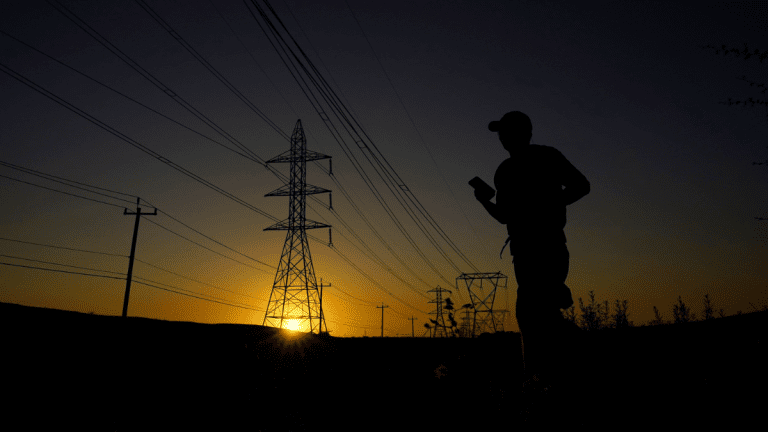
🕒 Last updated on June 28, 2025
The Nights Are No Longer Cool
Back in the 1970s, summer nights were cooler and more comfortable. People could open their windows, feel a breeze, and sleep peacefully. But now, that relief is disappearing. The primary cause of the rising temperatures on summer nights across the United States is climate change.
A recent study by Climate Central looked at temperature changes in 241 cities across the U.S. since 1970. What they found is worrying. In 231 of those places—96%—the summer nights have gotten warmer. On average, night time temperatures have risen by 3.1°F over the past 55 years. That may not sound like much, but it’s enough to make a big difference, especially when it’s hot and humid.
When the sun sets, we expect things to cool down. But now, because of the heat trapped in the atmosphere by greenhouse gases, the nights stay warm. It’s like putting a blanket over the Earth that doesn’t come off, even when the sun goes down.
During some recent heatwaves, overnight temperatures stayed in the upper 70s and even lower 80s. The environment and the body typically take a respite from the heat at night. The body finds it difficult to recuperate if it remains warm throughout the night. These hot nights can be perilous for those without air conditioning, older people, and little children.
Where the Heat Hits Hardest
The Southwest region of the U.S. has felt the biggest increase in night time heat. In cities like Reno and Las Vegas, Nevada, and El Paso, Texas, the rise in night time temperatures has been especially steep. Reno leads the pack with a shocking increase of nearly 18°F. Las Vegas follows with 10°F, and El Paso is close behind at 9°F.
But it’s not just how hot the nights are getting—it’s also how often it happens. Climate Central’s study also tracked the number of warmer-than-usual summer nights. These are nights when the temperature doesn’t fall below what used to be considered normal between 1991 and 2020.
Climate Convergence Has Begun: 6 Global Systems Are Collapsing at Once
Florida cities are seeing the biggest changes in this category. West Palm Beach now has 62 more hot nights each summer than it did in 1970. Fort Myers isn’t far behind with 61, and Miami with 60. Tampa and Orlando also show big increases, with 59 and 58 warmer-than-normal nights respectively.
Across all cities studied, the average number of extra warm nights is now about 27 each summer. This rise makes it harder for cities and families to stay cool. It also puts extra pressure on air conditioning systems, raises energy bills, and increases the risk of power outages.
Heat is the Deadliest Weather Threat
Hot nights don’t just make it hard to sleep—they can be deadly. The U.S. Natural Hazard Statistics show that heat is the top cause of weather-related deaths in the country. Every year, about 238 people die from heat-related causes. That’s more than from tornadoes, hurricanes, floods, lightning, or cold weather.
When nights stay warm, the body doesn’t cool off properly. This can lead to heat exhaustion or even heatstroke, especially if someone spends the day outside or lives without good cooling. Hospitals see more emergency visits during these periods, and the risk of death increases, especially for people with health problems.
🌳 Greenwashing Alert: Why Tree Offsets Are a Dangerous Climate Fantasy
Researchers around the world agree that heat-related deaths are going up. A major study published in a respected medical journal found that the risk of dying from heat is increasing worldwide. And this is just the beginning of summer.
Right now, millions of people across the United States are under heat alerts. Over 42 million people in at least 12 states are being told to take precautions because of extreme heat. Another 21 million people across seven states are facing even more serious warnings.
These alerts are not just for the daytime. Many of these warnings are due to high night time temperatures that will offer no break from the heat. As summer rolls on, it’s clear that the warmth is no longer just a daytime issue. The nights are heating up too—and they’re bringing hidden dangers with them.